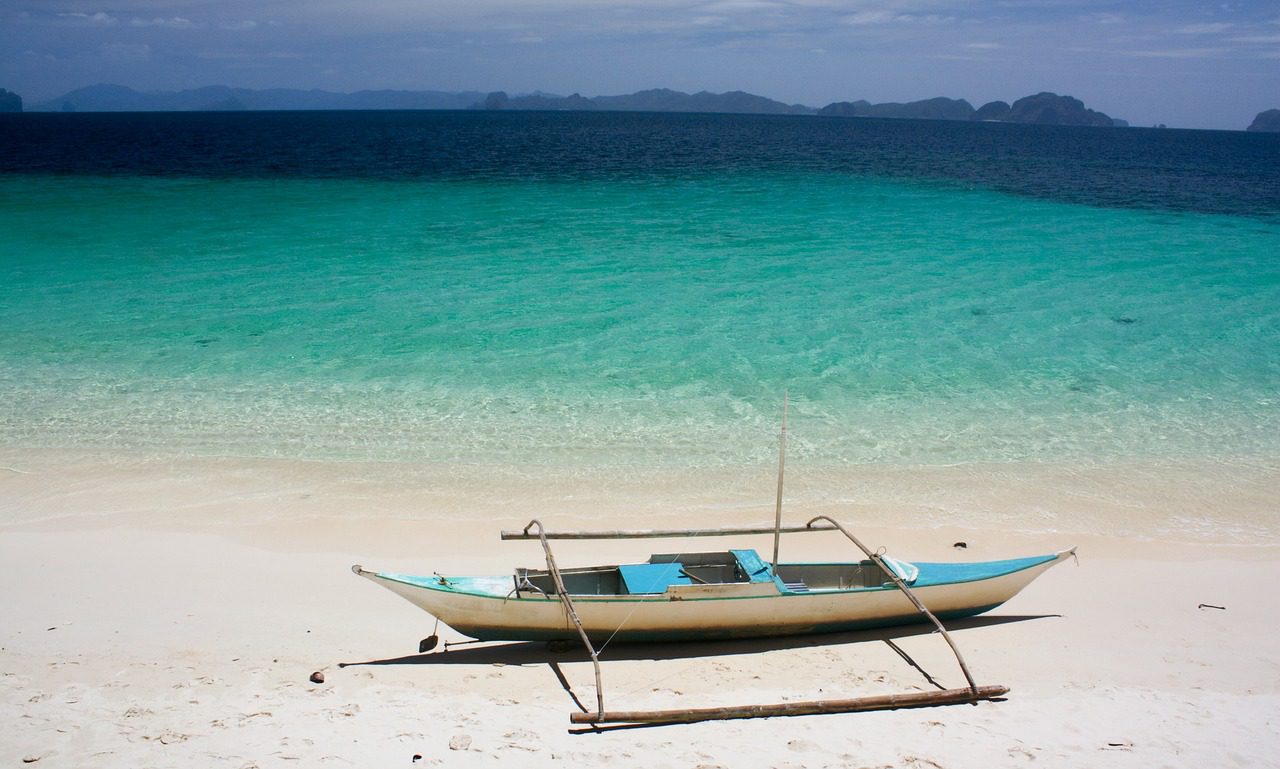Table of Contents
ToggleOn April 24, 2025, President Ferdinand Marcos Jr. signed Executive Order No. 86, officially launching the Philippines digital nomad visa program. Aimed at attracting remote workers from around the globe, the new initiative not only diversifies the country’s tourism strategy but also strengthens its position in the global digital economy.
Embracing the Remote Work Revolution
Remote work is a growing global movement. According to a 2024 report by MBO Partners, over 18.1 million Americans alone identify as digital nomads, double than the number in 2019. Globally, the number is even higher, with workers seeking flexibility, better work-life balance, and the opportunity to travel while maintaining their careers.
The Philippines digital nomad visa directly taps into this trend, recognizing the changing nature of work and travel. With reliable internet infrastructure expanding rapidly—especially in major hubs like Manila, Cebu, and emerging “workation” spots like Siargao—the country is positioning itself as a prime destination for knowledge workers.
The World Economic Forum ranked the Philippines as the 7th fastest-growing remote work hub globally in 2023, a testament to its potential. With beautiful beaches, a low cost of living, English proficiency, and a welcoming culture, the Philippines is aligning its policies to attract this new wave of workers.
By offering legal pathways for remote workers, the government sends a clear signal: the Philippines is ready to embrace the future of work.
Read more: The Rise of Digital Nomads: Redefining Work and Travel
Eligibility Criteria for the Digital Nomad Visa
To qualify for the DNV, applicants must meet the following requirements:
- Be at least 18 years old.
- Engage in remote work using digital technology, with income generated from sources outside the Philippines.
- Have a clean criminal record.
- Possess valid health insurance for the duration of the visa.
- Be a citizen of a country that offers reciprocal digital nomad visas to Filipinos and hosts a Philippine Foreign Service Post.
- Not be employed by a Philippine-based company.
The visa allows for a stay of up to one year, with the possibility of renewal for another year. Multiple entry privileges are also granted during the visa’s validity.
Philippines Digital Nomad Visa Implementation Timeline
The Department of Foreign Affairs (DFA), in coordination with other government agencies, is tasked with overseeing the implementation of the DNV program. The pilot phase is expected to commence between late May and late July 2025. The DFA will also maintain a database of DNV holders, ensuring compliance with data privacy regulations.
Economic and Tourism Impacts
The economic potential of digital nomads is significant.Digital nomads can spend around $2500 per month in host countries. For the Philippines, even a modest influx of nomads could generate millions in additional tourism receipts annually.
Tourism Secretary Christina Frasco noted that allowing digital nomads to stay for longer periods will help stabilize tourism revenues, particularly during the off-peak seasons. Unlike traditional tourists, digital nomads tend to stay longer—often several months—and spend more consistently across accommodation, food, transport, and local experiences.
Key destinations expected to benefit include:
- Boracay: Already a favorite, Boracay’s pristine beaches offer an ideal backdrop for remote work.
- Cebu: With its city amenities and beach escapes, Cebu is a strong contender for digital nomad hubs.
- Siargao and La Union: Popular among surfers, these areas are perfect for combining work and lifestyle experiences.
- Palawan: Known for its stunning scenery, Palawan could attract nomads looking for more remote, peaceful settings.
The Philippines digital nomad visa could also stimulate growth in lesser-known destinations, spreading economic benefits to provincial areas and encouraging investment in digital infrastructure, coworking spaces, and hospitality businesses outside major cities.
Strategic Positioning in the ASEAN Region
The Philippines is not acting in isolation. Taiwan, Japan, and Malaysia have all introduced versions of digital nomad visas over the past few years, recognizing the value of attracting remote workers.
However, the Philippines brings several strategic advantages:
- Language: As one of the largest English-speaking countries in Asia, the Philippines offers a seamless communication environment for Western remote workers.
- Culture and Hospitality: Filipino hospitality is renowned worldwide, providing an emotionally rewarding experience for long-term visitors.
- Affordability: The cost of living remains lower than many neighboring countries, offering excellent value for money without sacrificing quality of life.
- Time Zone Alignment: With a time zone close to Australia and parts of East Asia, the Philippines is ideal for remote workers collaborating with teams in those regions.
By launching the Philippines digital nomad visa now, the country positions itself not just as a tourist destination, but as a long-term hub for global talent. It signals a pivot from a tourism-only model to one that actively welcomes the borderless workforce of the future.
If executed effectively, the program could diversify the Philippines’ economy, create jobs in supporting sectors like tech, hospitality, and real estate, and boost its reputation as a forward-thinking country in the ASEAN bloc.
Conclusion
The Philippines Digital Nomad Visa represents a significant step toward embracing the global shift toward remote work. By providing a structured and welcoming environment for digital nomads, the country not only enhances its appeal as a travel destination but also fosters economic growth and cultural exchange. As the program rolls out, it will be interesting to observe its impact on the local economy and the broader Southeast Asian region.
How We Can Help
Navigating international hiring and compliance can be complex. As a leading employer of record (EOR) firm, we provide end-to-end support for companies looking to hire global talent. From payroll management to legal compliance, we simplify the hiring process, allowing you to focus on your core business goals.
Whether you’re looking to tap into the Philippines’ emerging talent pool or expand elsewhere, we’re here to help. Contact us today to explore how we can facilitate seamless international hiring. Book a free consultation now.







